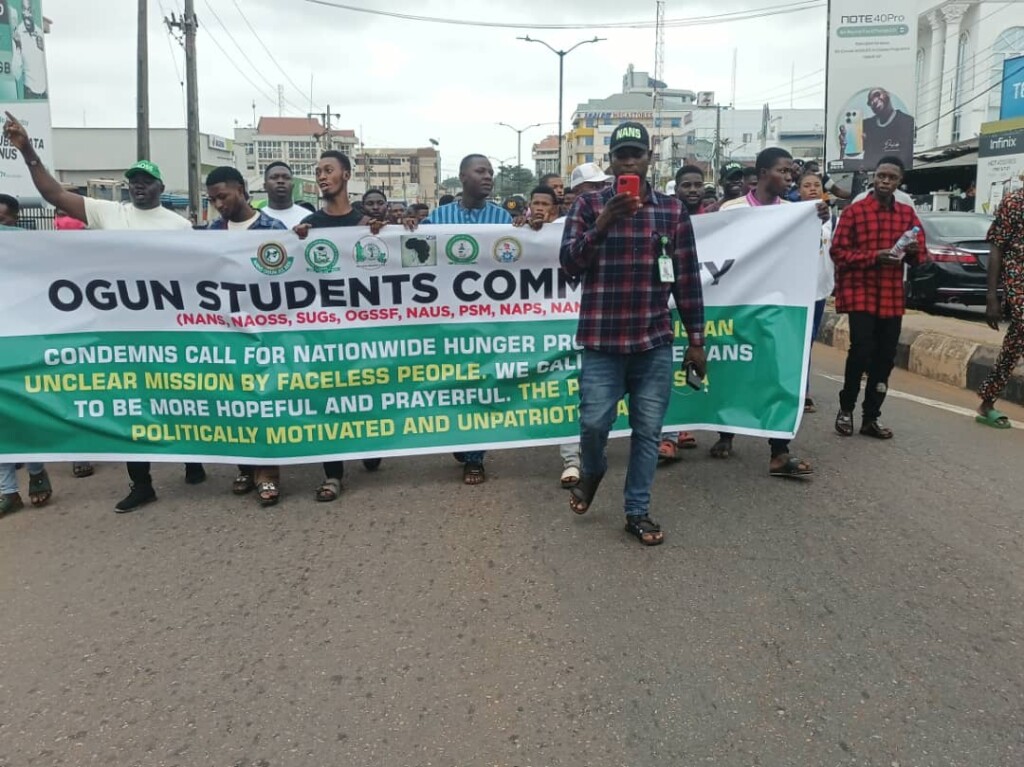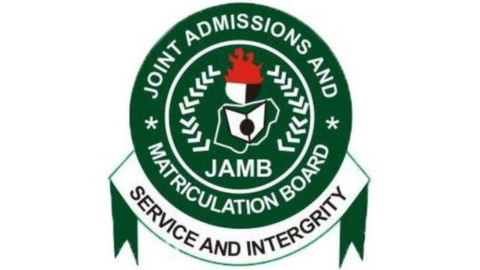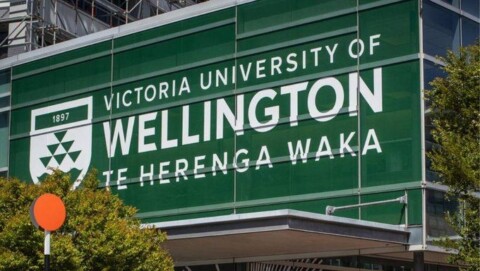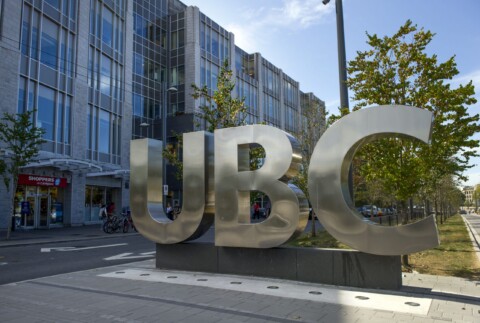As Nigeria begins a nationwide protest called ‘End-Bad-Governance-in-Nigeria,’ academic activities in the country’s higher education institutions remain largely unaffected. The protest, organized by civil society groups like the Take It Back Movement and the Enough Is Enough Group, started on August 1st, 2024, and is set to last for ten days if the government does not meet the protesters’ demands.
Reports from news sources show that protests have started in state capitals, including Abuja. Security forces like the police and army are closely watching the situation. In cities like Kano and Maiduguri, some protesters have made bonfires, leading to clashes with security, who have used tear gas and gunfire. Many businesses and shops have shut down because of fears of looting and violence.
The National Universities Commission (NUC) has responded by advising university vice-chancellors to ensure the safety of their students and staff. Chris Maiyaki, the acting executive secretary of the NUC, emphasized that students should stay on campus and focus on their studies to avoid potential dangers during the protests. Similar advisories have been issued to colleges and polytechnics across Nigeria.
Despite the unrest, some student organizations have urged their members to avoid participating in the protests, focusing instead on maintaining peace and stability within their academic environments. Abdullahi Sanusi, a prominent student leader at Usmanu Danfodiyo University Sokoto, reinforced this stance, advising students to stay focused on their education and avoid involvement in any activities that might disrupt campus life.
However, students like Faruq Ibrahim Olaoti, a final-year political science student at the same university, argue that protests are necessary to address systemic issues affecting their lives, including economic hardship and rising living costs. Olaoti believes that the protest could lead to meaningful changes in the country’s educational system.
Damilola Jimoh from Adekunle Ajasin University Akungba also voiced frustration over the current conditions, highlighting issues like hunger and inflation that impact students’ daily lives. She feels that students should be free to participate in the protests to demand improvements in their living conditions and educational expenses.
While university staff associations have not yet provided clear directives on participation in the protests, lecturers and staff members are similarly struggling with economic difficulties. Oluwafemi Fayomi, a lecturer at Federal University Oye-Ekiti, expressed concerns about potential violence and property damage, which could affect public infrastructure. He emphasized the broader impact of the economic challenges faced by all sectors, including education.
Legal expert Sani Sa’ad Bunza reminded students and staff of their constitutional rights to peaceful protest under sections 39 and 40 of the Nigerian Constitution. However, he cautioned against violent or disruptive actions that could affect academic schedules or professional careers. Universities may have specific guidelines for protest participation, especially if it interferes with academic activities.





